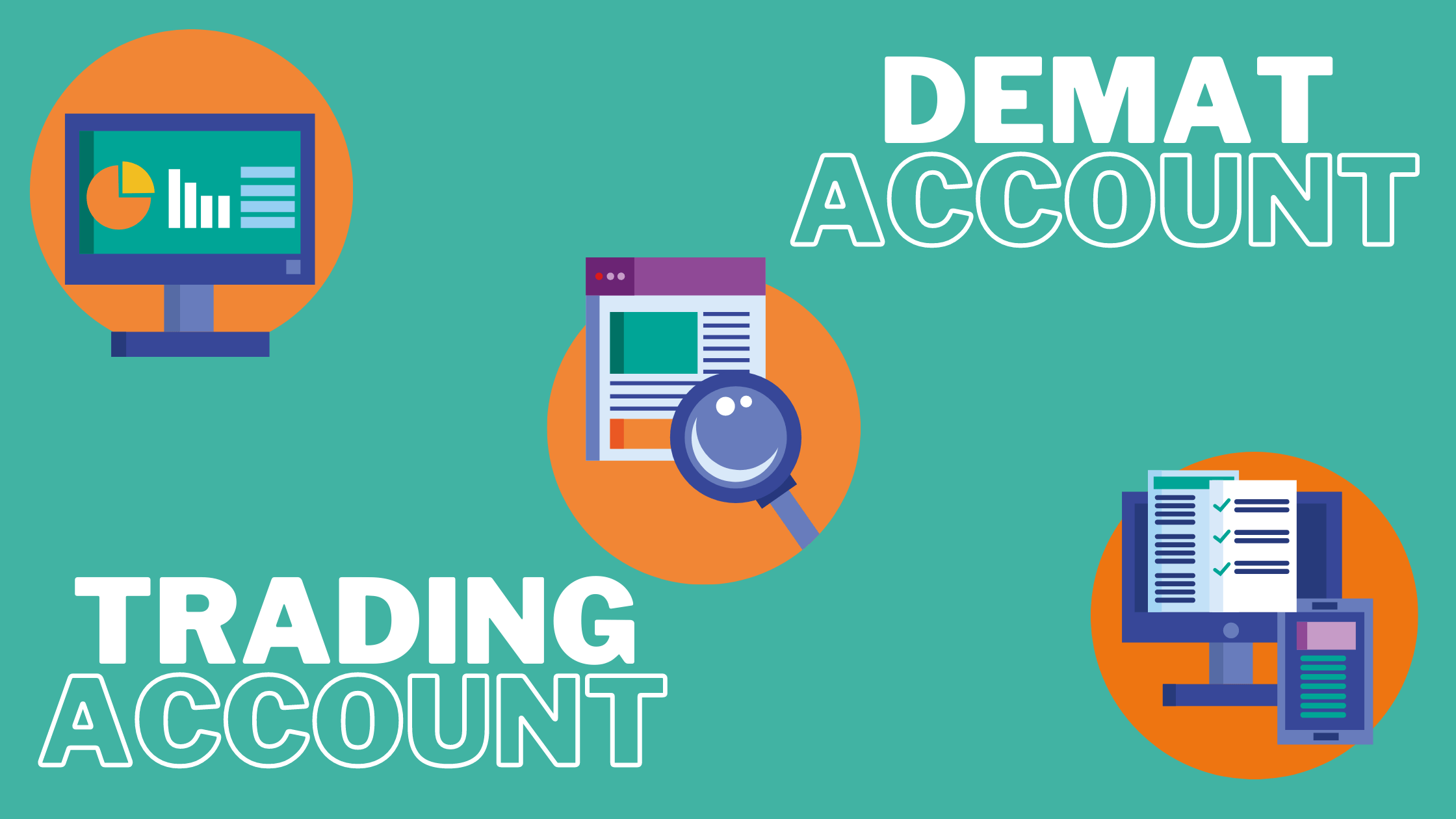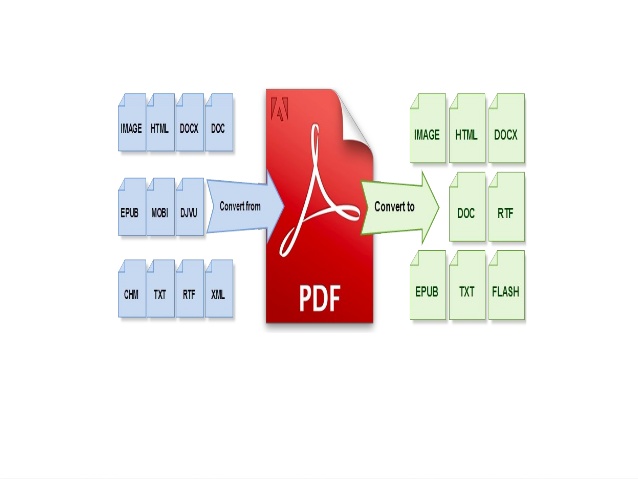Telematics Car Insurance: The Future Ahead?
Telematics, in the context of the automotive sector, involves computerised data transmission, often associated with tracking and monitoring. Commercial enterprises, especially in GPS-enabled fleet tracking, use telematics to record and transmit details like engine performance, mileage, and route to a designated server for monitoring.
What Is UBI, Or Usage-Based Insurance?
Usage-based insurance (UBI), also known as telematics insurance in the car market, links premiums directly to the use of the covered service. It combines informatics and telecommunication to track, store, and transfer driving-related data, determining accurate car insurance rates based on driving behaviour.
Traditional car insurance premiums focus on the vehicle model, not driving skills or habits. Telematics motor insurance, or UBI, assesses an owner’s risk profile using factors like driving distance and proficiency, tailoring premiums based on behaviour. Safe drivers pay less than those with risky habits. Unlike traditional insurance, the premium personalisation process involves extensive data collection and analysis.
How Do Telematics Or Usage-Based Car Insurance Policies Operate?
Here is an illustration of UBI:
On the weekends, Mr. A drives throughout the city. He is a skilled driver with experience who stays within the speed limit. Mr. B is a novice driver who still needs to gain driving experience. During the week, he drives his car and frequently applies sudden acceleration and braking. On weekends, he takes long drives.
Due to his safe driving record and low vehicle usage, Mr. A will pay a lower premium because he has fewer chances of filing a claim. However, Mr. B is a reckless driver because he has never driven before, drives recklessly, and uses his car frequently, all of which raise the likelihood of an accident and, consequently, a claim.
Benefits Of Telematics Car Insurance
- Better drivers and insurance providers wishing to provide customised policies will benefit from usage-based car insurance in India.
- Driving data can help drivers improve by increasing their awareness of their habits.
- Reduced insurance costs for safe driving may incentivise drivers to drive more cautiously and within the posted speed limit.
- Cost savings on insurance premiums are possible for prudent drivers. You can use a Bajaj Allianz car insurance renewal premium calculator to calculate the costs of premiums. ##
- Those who own cars but do not drive them often will pay a lower premium than they would for traditional policies. You would still need to do your car insurance renewal online on time to stay covered.
Different Kinds Of Usage-Based Car Insurance:
- PAYD, or Pay as You Drive:
In the Pay as You Drive insurance case, the premium amount is determined by the number of miles driven.
- Pay How You Drive (PHYD):
In the Pay How You Drive model, the cost of your car insurance is determined by how well you accelerate, brake, and other driving skills.
- PAYG (Pay as You Go):
The Pay as You Go car insurance model combines some of the features above and necessitates the installation of a telematics device.
- Insurance Based On Distance:
The amount of miles the car is covered for the duration of the policy determines the pay-per-mile rate for car insurance.
Get insured anytime, anywhere! Check out Bajaj Allianz General Insurance website to learn more and download the app now.
All savings are provided by the insurer as per the IRDAI-approved insurance plan. Standard T&C apply
Insurance is the subject matter of solicitation. For more details on benefits, exclusions, limitations, terms, and conditions, please read the sales brochure/policy wording carefully before concluding a sale.











